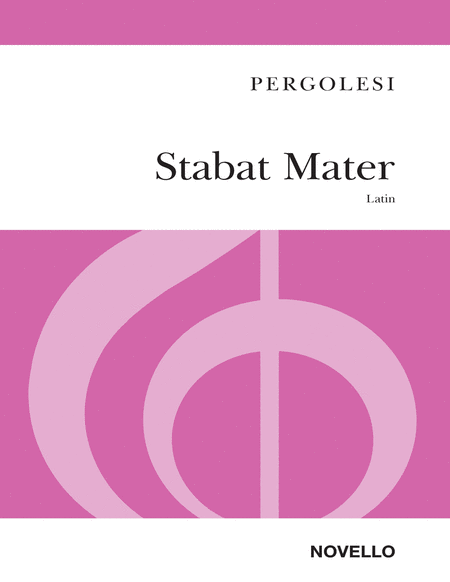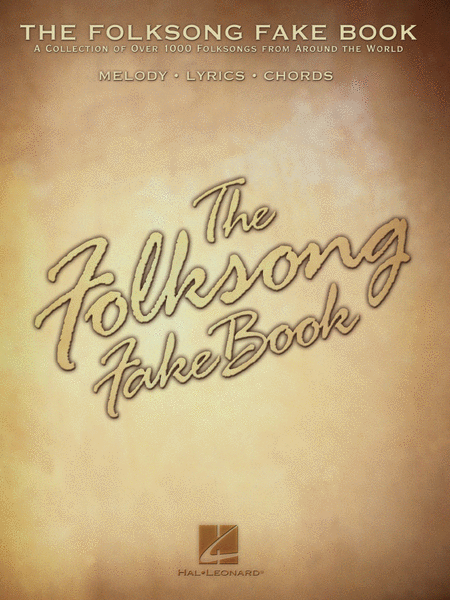John Hullah (1812 - 1884)
 Royaume-Uni
Royaume-Uni
 Royaume-Uni
Royaume-UniJohn Pyke Hullah (June 27, 1812 ? February 21, 1884), English composer and teacher of music, was born at Worcester.
He was a pupil of William Horsley from 1829, and entered the Royal Academy of Music in 1833. He wrote an opera to words by Dickens, The Village Coquettes, produced in 1836; The Barbers of Bassora in 1837, and The Outpost in 1838, the last two at Covent Garden. From 1839, when he went to Paris to investigate various systems of teaching music to large masses of people, he identifi ... (Read all)
Source : Wikipedia
He was a pupil of William Horsley from 1829, and entered the Royal Academy of Music in 1833. He wrote an opera to words by Dickens, The Village Coquettes, produced in 1836; The Barbers of Bassora in 1837, and The Outpost in 1838, the last two at Covent Garden. From 1839, when he went to Paris to investigate various systems of teaching music to large masses of people, he identifi ... (Read all)
Source : Wikipedia
FREE SHEET MUSIC
- Home Free
1 sheets found sorted by:
Search
| ||||||||||










